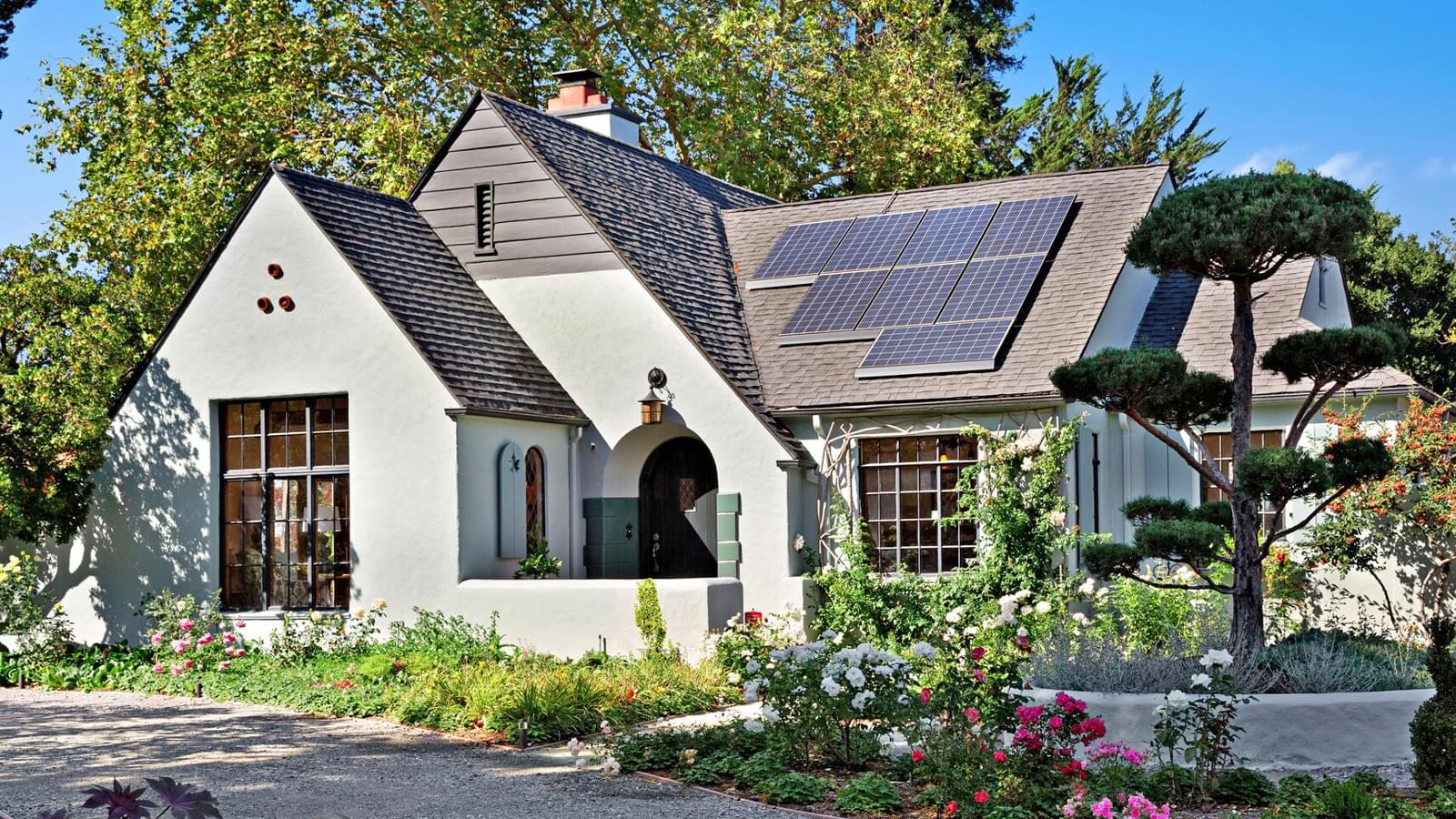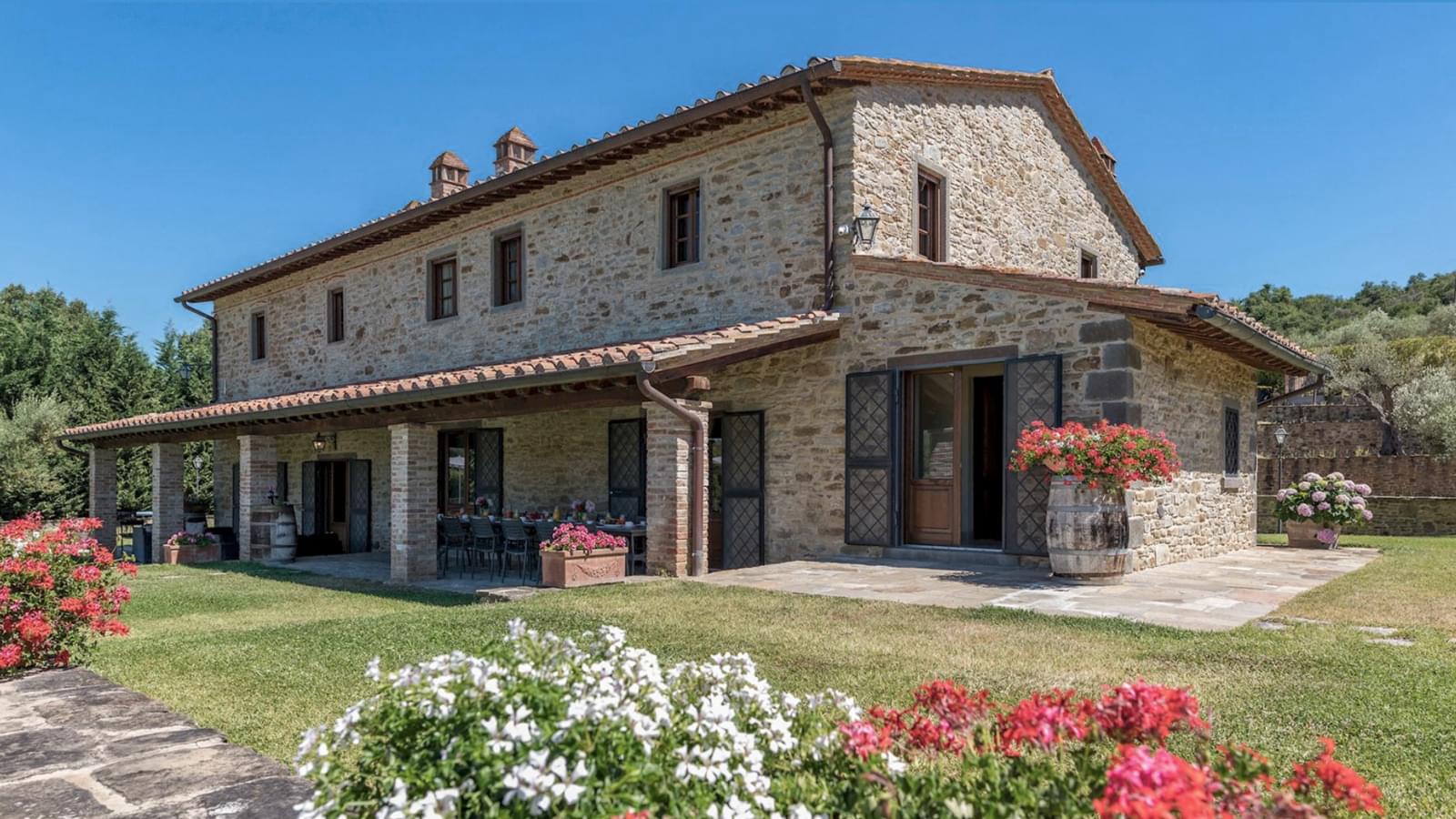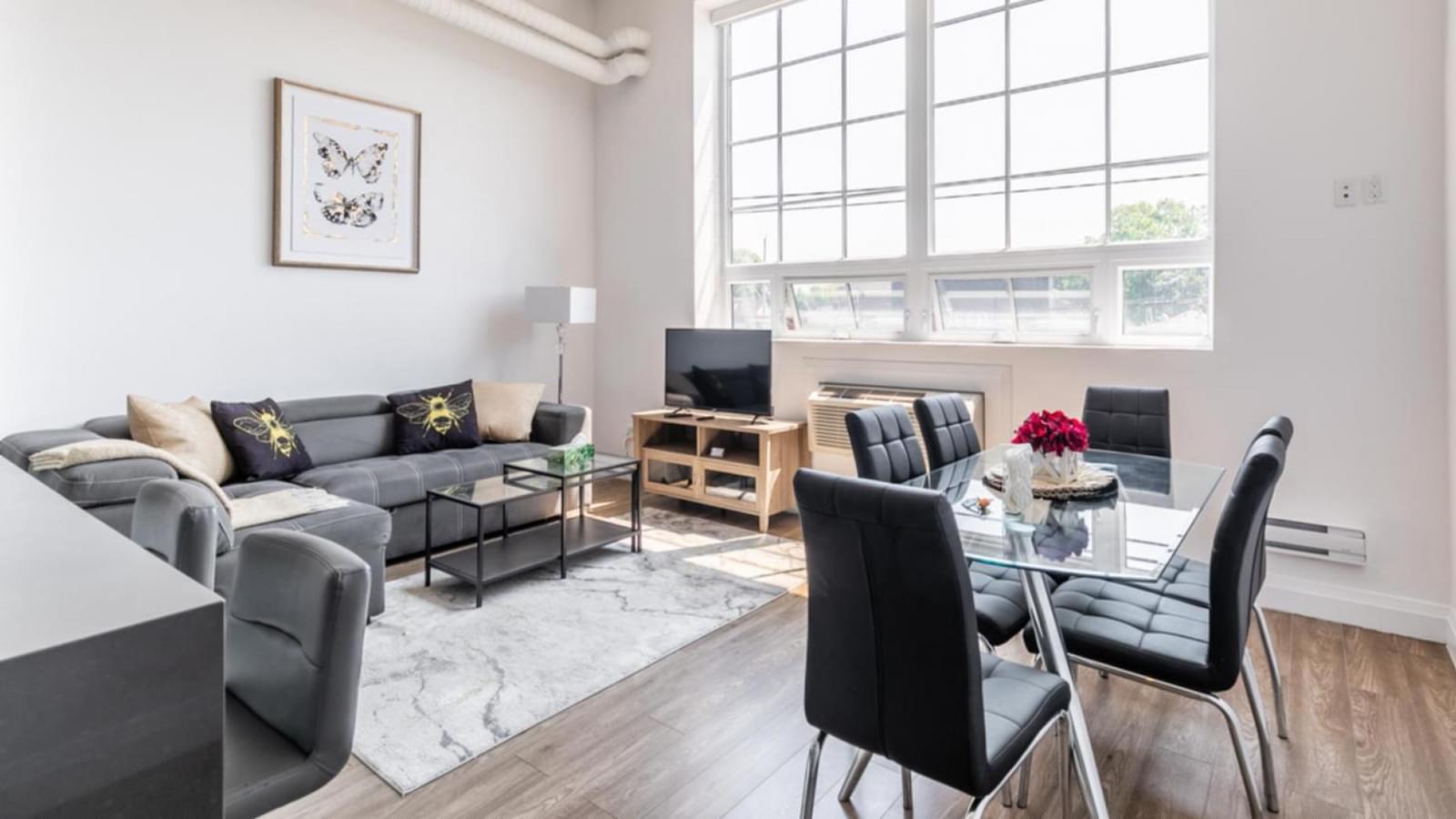State of Bahia Vacation Rentals
Explore 97 rental homes and villas in State of Bahia for your next vacation or business travel. With private vacation home rentals, enjoy a more personalized stay and a wide range of amenities such as Homes with Pools, Air Condition Homes and Best Affordable Homes. With a wide range of homes to offer, pricing can start as low as $252 per night with homes containing as many as 10 bedrooms and 14 bathrooms. However you're looking to experience your stay, Homes and Villas by Marriott has your next vacation home waiting.
Types of vacation rentals in State of Bahia
Where to stay in State of Bahia
Booking a vacation rental in State of Bahia?
Here are some things to know to support your visit:
State of Bahia Overview
Immerse yourself in the vibrant heart of Brazil's African heritage with a journey to the State of Bahia, a treasure trove of cultural richness and natural beauty nestled in the northeast region of the country. Bahia is a symphony of experiences, from the rhythmic beats of Afro-Brazilian music to the tantalizing flavors of its unique cuisine, all set against a backdrop of stunning landscapes and idyllic beaches.
In Salvador, the capital city, you'll be enchanted by the Pelourinho district, a UNESCO World Heritage Site brimming with colorful colonial architecture. Wander through cobbled streets lined with pastel-hued buildings and explore baroque churches like the magnificent São Francisco Church and Convent. Salvador's Carnival is a spectacle of joy and music, a celebration that rivals the famous festivities of Rio de Janeiro.
The allure of Bahia extends to its breathtaking coastline, where renting a private home can elevate your beach getaway to new heights of luxury and relaxation. Imagine waking up to the sound of waves in a pet-friendly beachfront villa, complete with your own swimming pool to cool off in the tropical sun. Homes like these are not uncommon in Bahia, offering you a slice of paradise with the comfort and privacy of your own space.
The beaches themselves are a highlight, with Porto da Barra's urban charm and the serene beauty of Morro de São Paulo. Discover the crystal-clear waters and natural pools of Praia do Forte, or seek out the seclusion of Maraú Peninsula for a tranquil escape. These waterfront havens are perfect for sunbathing, swimming, and simply unwinding in the embrace of nature.
Bahia's culinary scene is a feast for the senses, where traditional dishes such as moqueca and acarajé showcase the fusion of African, Indigenous, and Portuguese influences. Each bite is a journey through the state's storied past, a delicious reflection of Bahia's soul.
Nature lovers will find their sanctuary in the Chapada Diamantina National Park, a landscape of majestic flat-topped mountains, verdant valleys, and cascading waterfalls like the awe-inspiring Fumaça Falls. Hike through this natural wonderland, swim in pristine pools, and marvel at the rich biodiversity that calls this park home.
The spiritual tapestry of Bahia is woven with the threads of Candomblé ceremonies and the syncretism of African religious practices with Catholicism. These traditions offer a profound glimpse into the state's cultural identity and are open to those who wish to witness the sacred rituals.
Music pulses through the veins of Bahia, the birthplace of samba and axé. The streets of Salvador come alive with the sound of drums and guitars, inviting you to dance and celebrate the joyous spirit of this enchanting destination.
Bahia is not just a place to visit; it's an experience that captivates the heart and soul. With its rich tapestry of culture, nature, and hospitality, Bahia stands as a proud embodiment of the Brazilian spirit, waiting to welcome you to its shores.
Cultural Attractions in State of Bahia
The State of Bahia, Brazil, is a cultural gem that offers a rich tapestry of arts, history, and local customs, making it an enchanting destination for travelers with a passion for cultural activities. The state's capital, Salvador, is particularly renowned for its vibrant Afro-Brazilian culture, colonial architecture, and pulsating music scene.
Begin your cultural exploration in Salvador's Pelourinho district, a UNESCO World Heritage site. This historic neighborhood is a kaleidoscope of brightly colored colonial buildings, cobblestone streets, and baroque churches like the São Francisco Church and Convent, which is adorned with gold-leafed woodwork and stunning azulejos (Portuguese tiles). The area is also home to numerous cultural centers, museums, and galleries, such as the Museu Afro-Brasileiro, which showcases the African influence on Brazilian culture.
Art enthusiasts will revel in the dynamic art scene of Bahia. The Museu de Arte Moderna (MAM) in Salvador, set in a picturesque colonial building, offers a collection of contemporary Brazilian art and frequently hosts temporary exhibitions. The museum's grounds also serve as a venue for live music and performances, especially during the popular Jazz no MAM sessions on Saturdays.
Live music is the heartbeat of Bahia, and Salvador is the birthplace of many Brazilian music styles, including samba and axé. The city comes alive with music during the annual Carnival, which is one of the largest in the world. Throughout the year, you can experience the rhythms of Bahia at live music venues, traditional blocos afros (Afro-Brazilian groups), and spontaneous street performances.
For a deeper dive into local customs, visit during the Festas Juninas, a series of festivals in June that celebrate saints like São João with traditional music, dance, and food. The festival is a showcase of Bahian culture, with locals dressed in colorful costumes, and the air filled with the scent of regional delicacies.
Bahia's cultural offerings extend beyond Salvador. The Recôncavo Baiano, the region surrounding the Bay of All Saints, is a cradle of Brazilian culture where samba de roda, a traditional dance and music form, originated. The town of Cachoeira, in particular, is known for its cultural significance and hosts the Festa da Boa Morte, a celebration that combines Catholic and Afro-Brazilian traditions.
In Bahia, every experience is an opportunity to engage with the local culture, from the capoeira circles in the streets to the sacred rituals of Candomblé. The state's rich history, combined with its artistic and musical traditions, offers a cultural journey that is as diverse as it is captivating.
Family friendly activities in State of Bahia
The State of Bahia in Brazil is a treasure trove of vibrant culture, stunning natural beauty, and activities that will captivate children and adults alike. With its warm climate and welcoming atmosphere, Bahia is an ideal destination for families looking to explore and enjoy together.
Start your adventure in Salvador, the state's capital, where the colorful streets of Pelourinho will enchant the young ones. This historic district is like a living museum, with street performers, capoeira demonstrations, and music that fills the air. Kids will love the interactive model of the city at the Museu da Cidade, where they can learn about Salvador's history in a fun way.
For a day at the beach, head to Praia do Forte, a picturesque seaside village with clear waters and natural pools formed by reefs, perfect for safe swimming and snorkeling with the kids. The Tamar Project, a sea turtle conservation center located here, is an educational and exciting visit for children, offering the chance to see these majestic creatures up close.
The Chapada Diamantina National Park is a must for families who love the great outdoors. With its breathtaking waterfalls, caves, and hiking trails, it's a natural playground for adventure. Kids will be in awe of the Gruta Azul, a cave with a stunning blue pool, and the Fumaça Waterfall, one of the highest in Brazil.
For a unique cultural experience, take the family to a Candomblé ceremony, an Afro-Brazilian religious event full of music, dance, and vibrant costumes. It's a fantastic way to introduce children to the diverse cultural heritage of Bahia.
Don't miss the opportunity to indulge in Bahian cuisine, which is both delicious and kid-friendly. Acarajé, a local street food made from black-eyed peas and fried in palm oil, is a tasty treat that can be found throughout the state.
In Bahia, the combination of cultural richness, natural wonders, and family-oriented attractions creates a memorable and educational experience for children. It's a place where families can immerse themselves in a unique culture while enjoying the beauty and warmth of Brazil.
Outdoor activities in State of Bahia
The State of Bahia in Brazil is a treasure trove of natural wonders and outdoor activities, making it an ideal destination for those who love to immerse themselves in nature. From the stunning coastline to the lush interior, Bahia offers a diverse range of environments to explore and enjoy.
One of Bahia's most famous natural attractions is the Chapada Diamantina National Park. This park is a paradise for hikers, with its breathtaking landscapes of table-top mountains, deep valleys, and crystal-clear rivers. The park is also home to the Cachoeira da Fumaça, one of the highest waterfalls in Brazil, which plunges 340 meters into a verdant gorge. Visitors can take guided treks to explore the park's caves, swim in natural pools, and marvel at the panoramic views from atop the mesas.
The coastline of Bahia is equally impressive, with its pristine beaches and warm, turquoise waters. The Costa do Dendê, for example, is a stretch of coast dotted with palm-fringed beaches, coral reefs, and quaint fishing villages. Outdoor enthusiasts can enjoy snorkeling, diving, and sailing in the clear waters, or simply relax on the sand and soak up the sun.
For a unique aquatic adventure, the Marimbus wetlands offer a chance to explore a mini Pantanal by canoe. This ecosystem is rich in biodiversity, and visitors can glide through the waterways, spotting a variety of birds and perhaps even capybaras along the banks.
Bahia's Atlantic Forest is another hotspot for nature lovers. This lush, tropical rainforest is teeming with wildlife and offers numerous trails for bird-watching and wildlife spotting. The forest is also home to several conservation projects, where visitors can learn about efforts to protect the region's unique species and habitats.
In addition to these natural wonders, Bahia is also known for its vibrant Afro-Brazilian culture, which visitors can experience in the capital city of Salvador. While Salvador is not a natural wonder, the city's historic Pelourinho district, with its colorful colonial architecture and pulsating drum rhythms, provides a cultural complement to the state's outdoor attractions.
Whether you're trekking through the Chapada Diamantina, lounging on a secluded beach, or exploring the lush rainforest, Bahia offers an array of experiences for those seeking to connect with nature and enjoy the great outdoors.
Weather in State of Bahia
The State of Bahia in Brazil is a destination with a tropical climate, offering warm weather year-round, with variations in precipitation that define its seasons. The coastal areas, including the vibrant city of Salvador, tend to have a more consistent climate, while the inland regions can experience more significant temperature fluctuations.
The summer months, from December to March, are the warmest and most humid, with temperatures often reaching into the high 80s to low 90s Fahrenheit (30-35°C). This is also the rainiest season, particularly from February to May, when heavy showers can occur, although they usually pass quickly, leaving the rest of the day sunny and pleasant. Despite the rain, this period is popular among travelers seeking to experience Bahia's famous Carnival and its beautiful beaches.
The winter months, from June to September, bring drier and slightly cooler weather, with temperatures ranging from the mid-70s to mid-80s Fahrenheit (24-29°C). This is considered the high season for many visitors, as the lower humidity and reduced rainfall make for ideal conditions to explore the region's natural beauty and cultural attractions. The evenings can be cooler, so it's advisable to bring a light jacket.
Spring (October and November) and autumn (April and May) are transitional periods with moderate temperatures and occasional rain showers. These months can be an excellent time to visit for those looking to avoid the peak tourist seasons while still enjoying warm weather.
The most pleasant climate is typically found during the winter months, when the weather is warm but not excessively hot, and the humidity is lower. This makes it an ideal time for outdoor activities such as hiking in the Chapada Diamantina National Park, exploring the colonial architecture of Salvador, or relaxing on the beaches of Morro de São Paulo and Praia do Forte.
Overall, Bahia's tropical climate means that any time of year can be suitable for a visit, depending on what you're looking for. For beachgoers and those interested in cultural festivals, the summer might be the best choice, despite the rain. For those seeking comfortable temperatures and the opportunity to explore the outdoors, the winter months are ideal.
Transportation in State of Bahia
The State of Bahia, with its rich Afro-Brazilian culture, stunning coastline, and colonial history, is a captivating destination in Brazil. Travelers typically arrive in Bahia by flying into Deputado Luís Eduardo Magalhães International Airport in Salvador, the state capital. This airport serves as a gateway to the region with both domestic and international flights.
For those who prefer overland travel, long-distance buses connect Bahia to major Brazilian cities. The roads can be scenic, offering a glimpse into the countryside, but travel times can be long due to the vast distances. Additionally, Salvador is a port city, and as such, it occasionally welcomes cruise ships that traverse the South American coast.
Once in Bahia, transportation options vary depending on your destination within the state. In Salvador, the city's public transportation system includes buses and an expanding metro system that connects the airport to the city center and other key areas. Taxis and ride-sharing services are also widely available for more direct travel.
For those looking to explore the historic center of Salvador, known as Pelourinho, it is highly walkable with its cobblestone streets and colorful colonial buildings. However, Salvador is a large city, and some attractions are spread out, making public transport or taxis a better option for longer distances.
To visit the beautiful beaches and resorts along the coast, such as Praia do Forte or Morro de São Paulo, travelers can use the ferry services from Salvador or take private shuttles and buses. These areas are often best explored on foot or by renting a bicycle, as they offer a more relaxed pace and a pedestrian-friendly environment.
For the more adventurous, renting a car can be an excellent way to explore Bahia's diverse landscapes at your own pace, though it's important to be mindful of local driving conditions and practices.
In summary, Bahia offers a range of transportation options suitable for different types of travelers. Whether you're navigating the bustling streets of Salvador, venturing to the serene coastal towns, or exploring the rugged interior, you'll find that each area has its own charm and accessibility. While some areas are walkable, others will require the use of public transport, taxis, or a rental car to fully experience the beauty and culture of Bahia.



